By Holly Johnsen,
It is easy in graduate school to get overwhelmed comparing yourself to others. Last year, The Tech polled undergraduates and graduates about pressure at MIT (interactive results available at http://tech.mit.edu/V132/N59/pressure/index.htm). One of their findings was that MIT undergraduates play the “I’m-so-hosed game” a lot. They tend to complain about how behind they are on work and sleep, and these conversations are like competitions to see who is more hard core. In my experience, while we graduate students talk about our workloads often too, we play this game by different rules; a winning strategy can either be (1) to complain about how hard your advisor has been pushing you to meet your many deadlines, or (2) to complain about how little you are getting accomplished and what a bad student you are. I think for both graduate and undergraduate students, this game provides an opportunity for some catharsis and stress relief. But it carries an additional benefit for graduate students who are finished with classes. With no grades and meager feedback from our advisors, I think many of us are grasping for some way to evaluate ourselves and decide if our work is good enough. Although it is meaningless to compare yourself against someone in a totally different field, this game offers the comfort of knowing where we fit in. But the combination of bravado, humble-bragging, and self-deprecation are obscuring. To get more straightforward data, I posted anonymous surveys to SP Interest Groups and various social networks about work hours (204 respondents) and paper reading habits (100 respondents).
The work-hour survey simply asked respondents how much time they spent in lab (or the office) last week and what percentage of that time was on-task. While some people reported working more than 85 hours (with reported peaks of up to 120 hours), most people worked fewer than 65 hours, with a heavy tail. The median graduate student worked a reasonable 40-45 hours. Most graduate students reported efficiencies of around 70-80%. There was a slight trend of longer-working graduate students also being more efficient. We can imagine some caricatures: the typical graduate student works an eight- or nine-hour day with an hour-long lunch break and another hour or two of mini-breaks to chat with coworkers, play Angry Birds, or respond to my online polls; graduate students under pressure work hard and long to meet deadlines; burnt-out graduate students spend a few distracted hours in the office; and some students have learned to focus for short but intense periods, leaving the rest of their days open.
To stay abreast of their fields, graduate students tend to read often, but not as in-depth as you might think. Each week, most students read several abstracts, but they only download a few of these papers to look at figures and skim the text and end up reading just one or two papers in full. Reading a paper carefully and for complete understanding is a rare event for many students, perhaps taking place only when they are attempting to apply someone else’s findings or techniques to their own projects, or maybe when the paper is assigned for a reading group or class. Students tend to take about an hour to read a paper, but responses varied from ten minutes to ten hours, perhaps reflecting the difference in how closely people read. Students were enthusiastic about the importance of reading papers to academic success, but somewhat less excited about doing it, calling it “grueling” or claiming “I’d rather have teeth pulled without anesthesia.” But overall, students enjoy reading papers more than I expected. Respondents recommended staying organized with Mendeley and Papers. Don’t know what to read? Most people found their next papers through the works cited or works citing lists or searches on Google Scholar, Pubmed, etc.
These data inspired me to stop endeavoring to spend as much time in lab as possible. Instead, I try to be satisfied with myself for working ~40-45-ish hours, and try to make sure that I am using that time efficiently. I’ve found that since deciding to accept 40 hours as good enough, I’m much happier and satisfied with my work, and no less productive. After all, feeling guilty about not working hard enough is usually not a good strategy to work harder. Think you could change your habits for the better? Subscribe to a journal’s table-of-contents email list or set up an RSS feed to find out new developments in your field without any work on your part. There are a number of time-tracking and habit-tracking apps available, such as Eternity or Reporter, that make it easy to see what you’re spending your time on. As elementary as it sounds, keeping track of how many hours you worked or giving yourself a star sticker every day that you read can really help with motivation, especially if you find a way to celebrate your victories (maybe you get to go to Tosci’s for a sweet snack every five stars?). There are resources and classes at MIT Community Wellness to help you enact positive change too. It’s never too late to improve yourself!
Interested in taking the surveys? Follow these links: work hours (bit.ly/1gQvTWl), reading habits (http://bit.ly/1gQvZxb). You can see the results after filling out the survey, or directly here: work hours(http://bit.ly/QvO88K) reading habits(http://bit.ly/1kcKCIY).

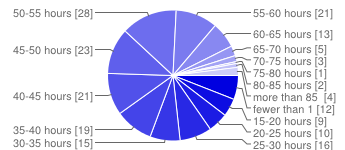
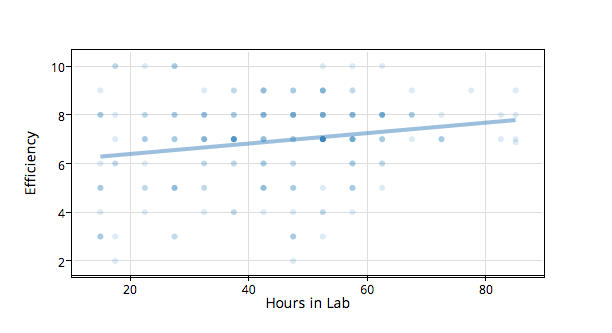

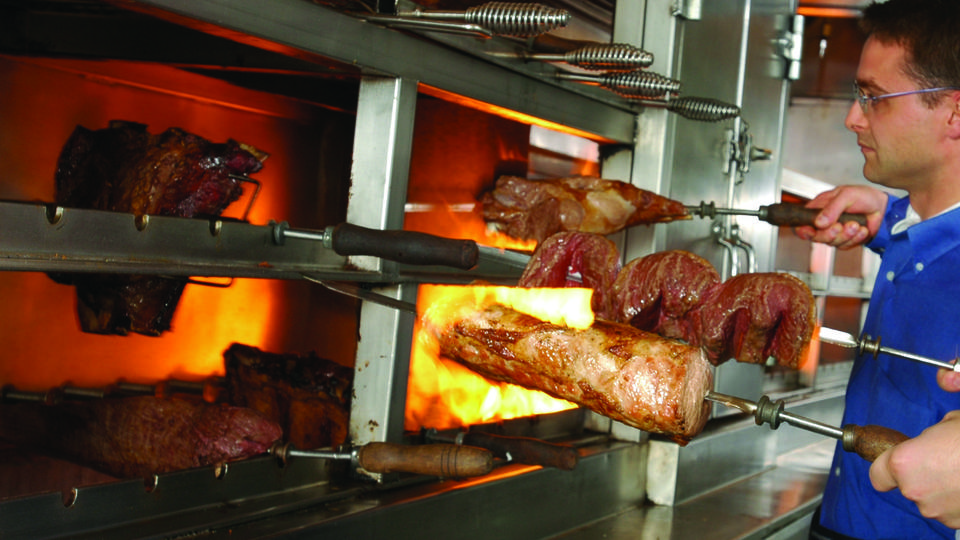

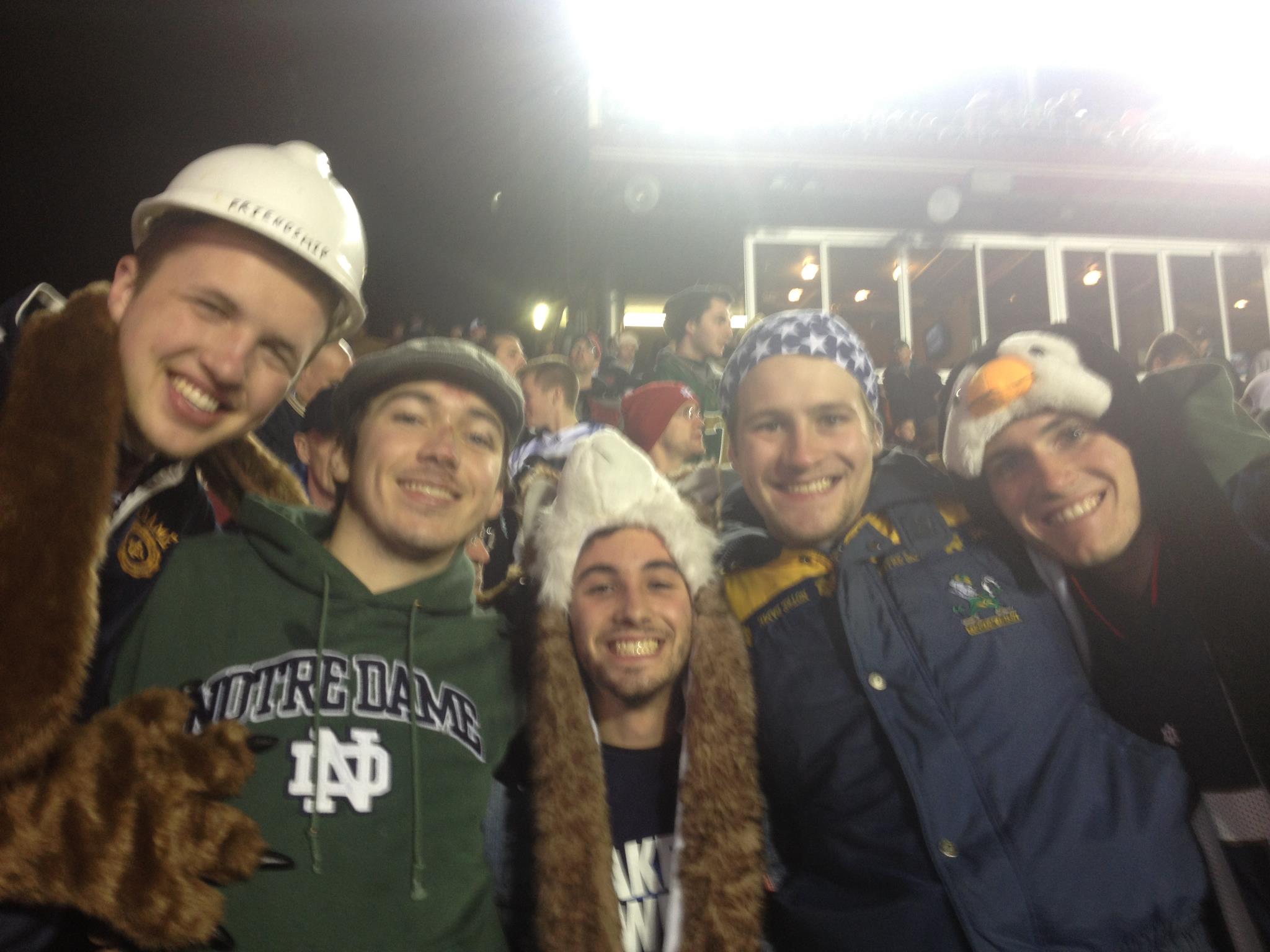
 A few days ago I found myself wondering, as I sometimes do, just what the hell I was doing with my life. It was one of those unseasonably warm, sunny, beautiful days that we’ve been enjoying recently, and I, of course, was stuck in lab like the champion that I am. While seemingly everyone else was out enjoying a glorious weekend afternoon, I was slogging through some interminable, odious task, one that had no real intellectual depth or interest, or even connection to the research that I personally am pursuing. In short, I was doing somebody else’s scut work.
A few days ago I found myself wondering, as I sometimes do, just what the hell I was doing with my life. It was one of those unseasonably warm, sunny, beautiful days that we’ve been enjoying recently, and I, of course, was stuck in lab like the champion that I am. While seemingly everyone else was out enjoying a glorious weekend afternoon, I was slogging through some interminable, odious task, one that had no real intellectual depth or interest, or even connection to the research that I personally am pursuing. In short, I was doing somebody else’s scut work.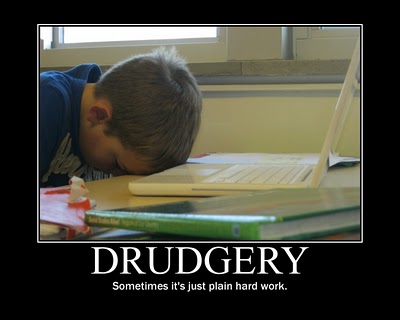 Now, if this is what we mean by drudgery, it is clear that we are all drudges. We all have to do many things, day by day, which we would rather not do. Even in the callings that seem to present the most perfect correspondence between gifts and work, such as those of the writer or the artist, drudgery dogs the heels of all progress…We show some perception of these facts in our common sayings, that easy writing makes hard reading, and what costs a man little is usually worth little. But few of us have any adequate sense of the immense toil which lies behind the brilliant successes of the great artist or famous writer. And the same thing might be said of the lives of great statesmen, politicians, reformers, merchants, and memorable men in all walks of life. Examine such lives, and the amount of prolonged toil which lies behind all the glitter of public fame is enormous, and to the indolent even appalling. If any man of the Elizabethan period gives the impression of having achieved great things with a certain airy ease and instinctive facility of touch, it is Walter Raleigh. Yet it was of Raleigh that Elizabeth said, ‘he could toil terribly.’ The same thing may be said of every great man, so that it is small wonder that we have learned to believe that genius itself is simply an infinite capacity for taking pains…
Now, if this is what we mean by drudgery, it is clear that we are all drudges. We all have to do many things, day by day, which we would rather not do. Even in the callings that seem to present the most perfect correspondence between gifts and work, such as those of the writer or the artist, drudgery dogs the heels of all progress…We show some perception of these facts in our common sayings, that easy writing makes hard reading, and what costs a man little is usually worth little. But few of us have any adequate sense of the immense toil which lies behind the brilliant successes of the great artist or famous writer. And the same thing might be said of the lives of great statesmen, politicians, reformers, merchants, and memorable men in all walks of life. Examine such lives, and the amount of prolonged toil which lies behind all the glitter of public fame is enormous, and to the indolent even appalling. If any man of the Elizabethan period gives the impression of having achieved great things with a certain airy ease and instinctive facility of touch, it is Walter Raleigh. Yet it was of Raleigh that Elizabeth said, ‘he could toil terribly.’ The same thing may be said of every great man, so that it is small wonder that we have learned to believe that genius itself is simply an infinite capacity for taking pains…